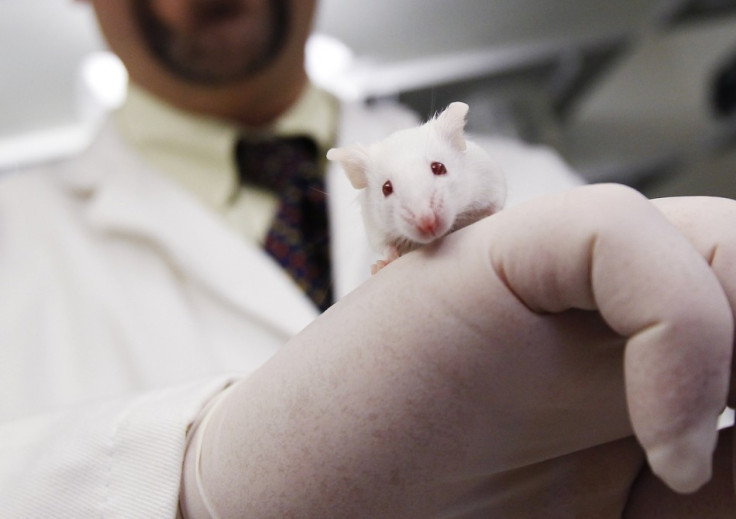China: Mass produced artificial sperm developed 'to create army of half-cloned mice'

A team from the Chinese Academy of Sciences' Shanghai Institute for Biological Sciences has developed a method to mass-produce artificial sperm to create mice for laboratory testing. Their findings are published in the journal Cell Stem Cell.
In 2012, a team of scientists led by LI Jinsong and XU Guoliang published a paper about the creation of haploid embryonic stem cells (AG-haESCs) that can support full-term embryonic development after being injected into egg cells to create a generation of semi-cloned mice.
However, a major problem of the study was the low birth rate – just 2% of the fertilised eggs developed into mice pups.
The same team has now shown that modified AG-haESCs controlling two paternally imprinted genes can support the generation of pups at a rate of 20%. They also found they were able to manipulate multiple genes, which lead to a generation of semi-cloned pups carrying multiple genetic traits.
The authors say the mass produced sperm can be used to produce mice for laboratory testing to help find cures for disease through genetic therapies, SCMP reports.
"Researchers propose that this new technology is feasible for medium-scale targeted screening at organism level, especially for developmental phenotypes," a statement from the Institute for Biological Sciences said.
The man-made sperm have no tails and cannot swim but they could be injected into a natural egg. The resulting pups had 50% of its genes from artificial sperm and the other half from its mother.
Li told the newspaper: "Our man-made sperm cells can be used to generate an army of half-cloned mice with ease and efficiency. These half-cloned mice will fight on the front line in battles against cancer and other genetic health issues."
© Copyright IBTimes 2025. All rights reserved.






















